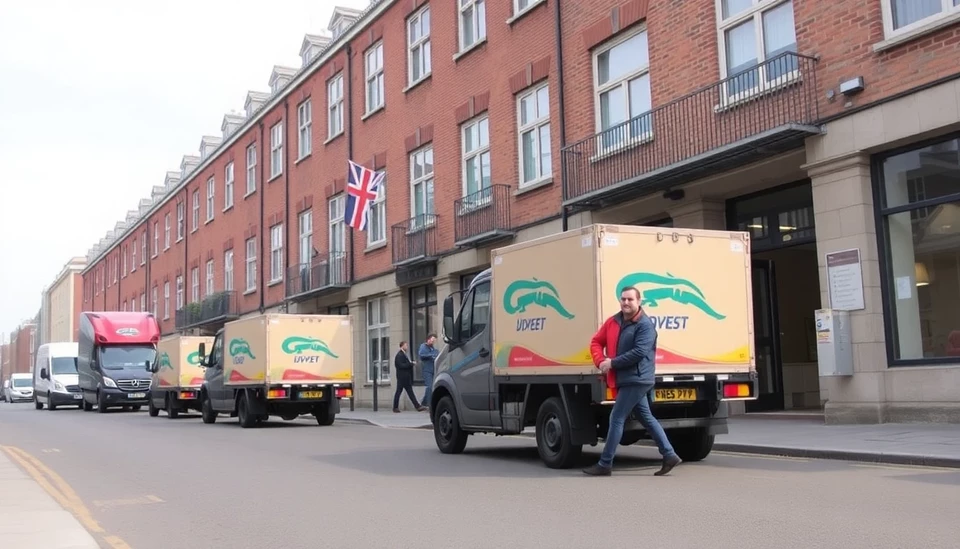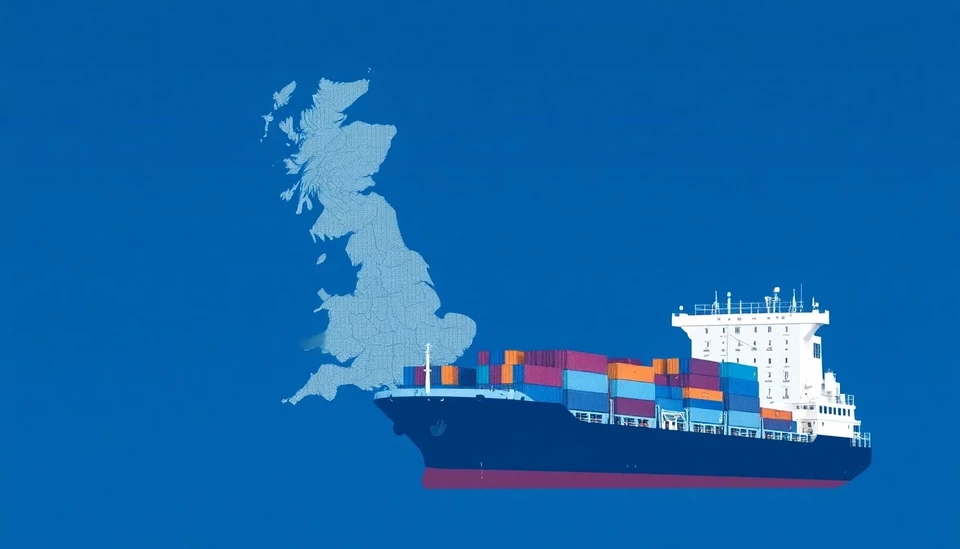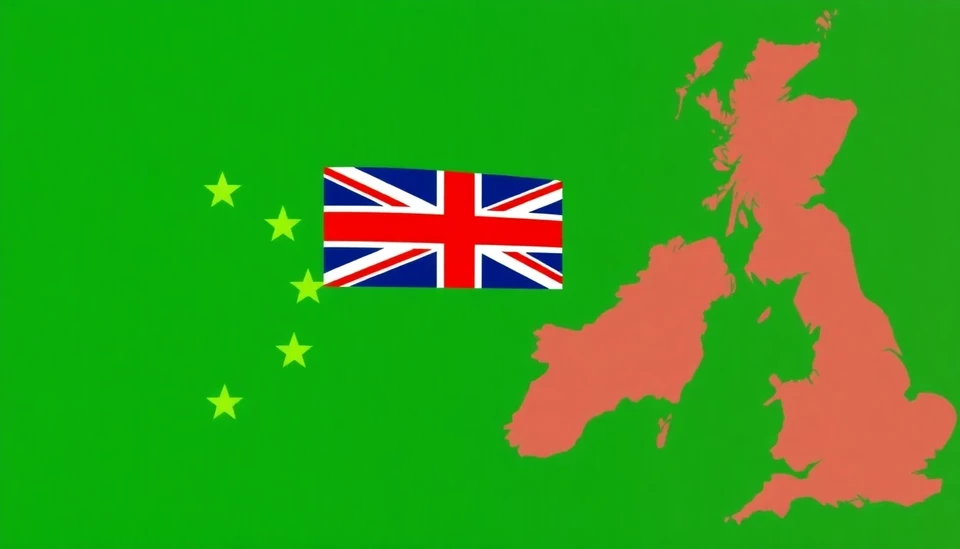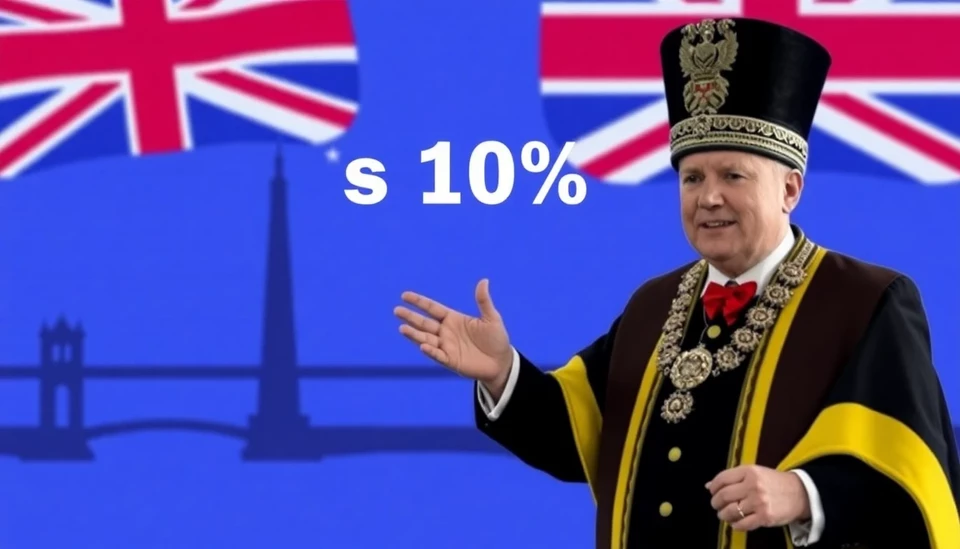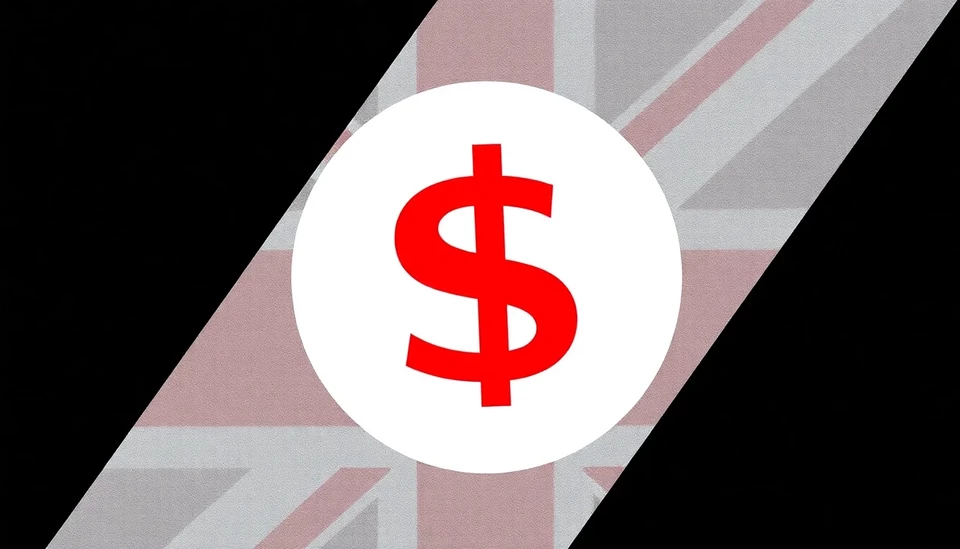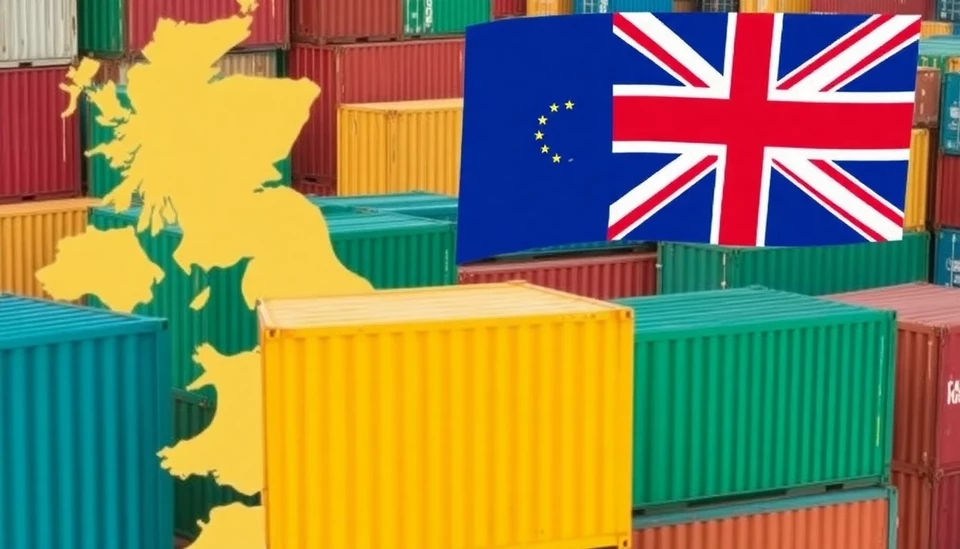
In a growing wave of discontent, UK firms are urging Labour leader Sir Keir Starmer to prioritize the reduction of trade frictions following Brexit. Overwhelming pressures on businesses, particularly small and medium-sized enterprises (SMEs), have led to a call for reforms that would facilitate smoother trading relationships with European Union nations.
The past few years have been challenging for UK businesses, with many citing excessive paperwork, delays, and increased costs stemming from the new trade regulations instituted after leaving the EU. These burdens have particularly hurt smaller companies, which often lack the resources necessary to navigate the complicated process of exporting and importing goods.
Recent surveys reveal that a significant number of businesses are struggling to adapt to the post-Brexit landscape. The heightened regulations and compliance requirements have created a 'suffocating' effect on many firms, with complaints about customs delays and the complexities involved in exporting goods to EU member countries becoming more frequent. Many businesses fear that continued friction in trade relations could stifle their growth and competitiveness.
In response to these concerns, Starmer has been urged by industry leaders and business representatives to consider reforms that would simplify trade processes. They argue that establishing a more flexible trading environment could stimulate economic growth, create jobs, and enhance the overall competitiveness of the UK economy on the global stage.
The Labour leader is likely weighing the political implications of such moves as he prepares for the next general election. A significant segment of the electorate remains highly concerned about the consequences of Brexit, and addressing trade complications could prove to be vital for garnering support among business owners and workers alike.
This mounting pressure comes at a crucial time for the Labour Party, as it seeks to position itself as a viable alternative to the current government while addressing key economic issues. Critics of the existing government claim that the handling of post-Brexit trade has been inadequate, leading to chaos and confusion that could take years to resolve.
Starmer's recent speeches have hinted at his recognition of these challenges, yet the specifics of any proposed solutions remain unclear. The business community is anxiously awaiting tangible commitments that could lead to a reduction in trade friction and improve the ease of doing business with the EU.
As the UK navigates through these economic challenges, the relationship with the EU continues to evolve. All eyes are on leaders like Starmer to demonstrate the ability to bridge gaps and foster an environment where businesses can thrive in a post-Brexit reality.
With increasing uncertainty surrounding future trade negotiations, it is imperative for leaders to focus on strategies that prioritize the needs of UK businesses while maintaining strong relations with European partners. The path forward remains unclear, but the call for action from businesses is undeniable, as many look towards political leadership for relief and support.
As the public awaits further developments, one thing is clear: the voices of UK firms are echoing louder than ever, demanding resolutions that will help them overcome the suffocating challenges posed by current trade barriers.
#UKTrade #Brexit #BusinessPressure #Starmer #EUBusiness #TradeReforms #Economy #LabourParty
Author: Rachel Greene
